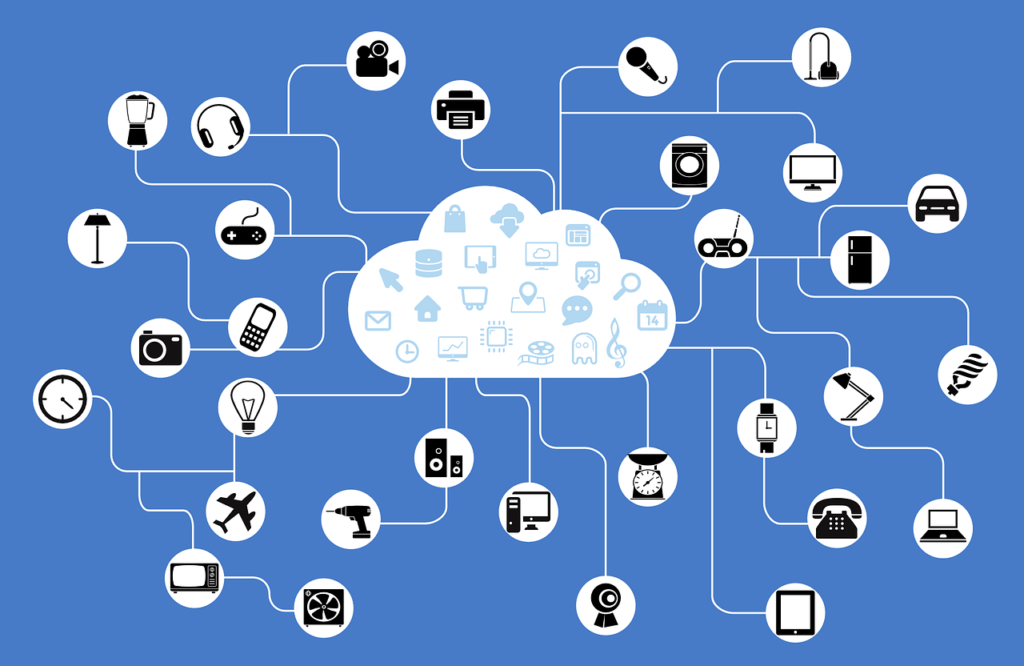If you’ve been paying any attention to news, you’ve probably at least caught wind of the concept of net neutrality – the idea that websites and services hosted online should be readily and freely available for anyone with access to the web.
In essence, it’s the idea that all Internet traffic should be treated the same. In an online world not backed by such an ideology, carriers would be within their rights to charge for “fast lane” Internet access, prioritizing traffic to certain sites and putting others on the “slow lane.”
On the surface, it’s pretty obvious that this whole mess is bad news for webmasters, especially those with small budgets or websites.
What you may not realize, however, is that the consequences of a non-neutral Internet are much more far-reaching than a few websites or online businesses.
If steps aren’t taken to secure net neutrality both domestically and internationally, cloud computing could be dealt a critical blow.
Primarily, explains Network Computing’s Andrew Froehlich, this is because it would lead to the creation of an artificial competitive advantage, which is always a damaging thing in the business world.
He maintains that this could stymy cloud adoption, especially amongst smaller businesses. One of the greatest benefits of the cloud – that it allows smaller businesses to match pace with larger competitors could be all but destroyed.
“When artificial competitive advantages and barriers to entry are created, they often have unintended consequences,” writes Froehlich.
“Cloud computing is largely popular because it’s allowed even the smallest companies to compete against the big players. Massive amounts of capital are no longer needed to create an online presence.”
Without net neutrality, Froehlich warns that this could no longer be the case. “If we essentially expect businesses to pay for a manufactured competitive advantage,” he continues, “it could heavily impact competitiveness on the Internet and almost certainly would erode cloud use by small businesses and startups.”

Reduced adoption isn’t the only threat posed by a lack of net neutrality, either. Earlier this year, CRN’s Joseph F. Kovar reported that, because larger organizations could pay for a competitive advantage, it will make it far more difficult for innovators to get their ideas on the market. What this means, effectively, is that many online industries – not just the cloud – could begin to stagnate.
“Small businesses disproportionately benefit from the cloud,” cloud-based service provider Sinu’s CTO and founder Larry Velez told Kovar. “Large businesses can spend millions of dollars on infrastructure and monitoring.
Small businesses can’t. For the longest time, small businesses did without the cloud and got by using Excel and ACT! Now they have Salesforce.com, which is accessible to them starting at $25 per month.”
“Now, potentially every startup’s costs will jump,” he continued. “They can’t just raise $1 million to get started.
They might need $4 million to help get the needed bandwidth. This could hurt IPOs as well if Wall Street gets nervous about Net neutrality. We could see another dot-com bust.”
Of course, small businesses aren’t the only ones in the cloud market who are nervous about net neutrality.
Clint Boulton of the Wall Street Journal surveyed several CIOs involved with cloud computing, and their answers all boiled down to effectively the same thing: a neutral Internet is extremely important to the success of the cloud.
If net neutrality laws change, vendors may have to re-negotiate virtually all of their contracts, to say nothing of how ISPs could run many out of business.
Even those who admit that fast-lane Internet could lead to innovation – such as Covanta Energy CIO Stuart Kippelman – admits to being a little nervous about the motives of ISPs.
“ISPs could use the ruling to develop more innovative services, such as faster or more secure technologies vendors could use to deliver better software services,” Kippelman told Boulton.
“But they could then drive up the costs of supporting high-bandwidth cloud applications, arguing that they need to recoup the cost of their investments – those cost increases might be passed on to customers.”
“CIOs,” he continued, “will now need to worry about not only how much bandwidth to buy, but which lane of the highway they want to be on.”
It’s tempting to think that net neutrality is something only webmasters and small businesses need to worry about – but one couldn’t be more incorrect with that assumption.
A neutral Internet is extremely important to the continued growth, evolution, and success of cloud computing. If ISPs are allowed to charge for faster access, they’re the only ones who will come out on top – everyone else will suffer for it.